2016 ERP Software Buying Considerations
Cloud Subscription Based ERP Software vs On-Premise Server Based ERP Cost, Control and Customization Drive the Debate
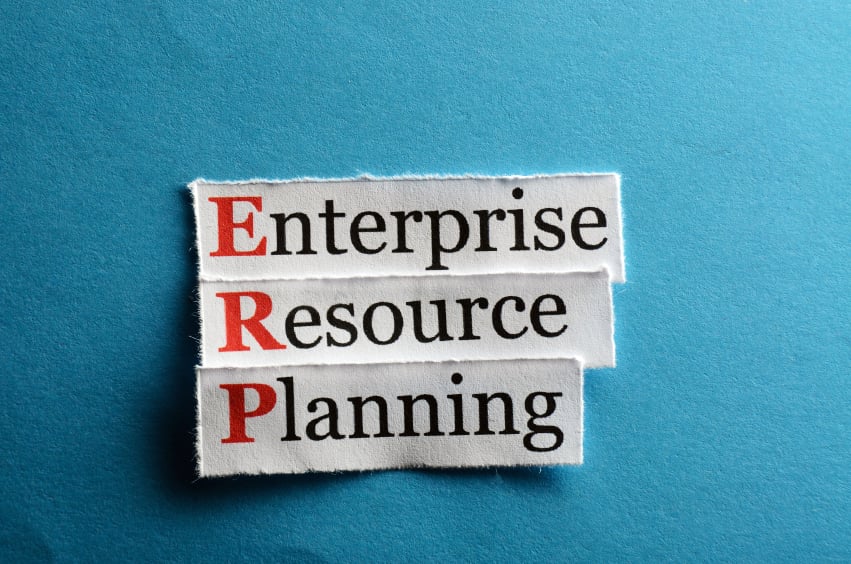
What is ERP? Standing for Enterprise Resource Planning, ERP isn’t just a daring buzzword. ERP is a generic term that defines complex software solutions that organizations can use to integrate and streamline a variety of business operations, ranging from product planning to sales and marketing.
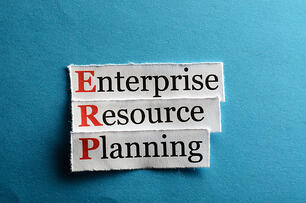
Now that you know the answer to “What is ERP?” it’s time to find out how it was developed. Evolving from Inventory Control Packages, Material Requirements Planning, and Manufacturing Resource Planning, ERP needed more than four decades to take the corporate world by storm. After entering the market, ERP has experienced rapid growth, as many companies took the opportunity to replace their legacy systems – which used to cause significant disruptions to daily operations – with advanced ERP solutions.
Unlike obsolete systems, ERP software packages include multiple modules, which can be fine-tuned based on the needs and technical capabilities of each organization. Whether a company operates within the manufacturing, retail, services, or public sector, it can use ERP software to manage a wide variety of back- and front-office activities, including manufacturing and distribution operations, business needs assessments, service and quote configurations, and human resources and financial applications.
As ERP has become more popular, new applications have been developed so that businesspeople could benefit from ERP solutions relevant to their industry sectors. Today, the main goal of ERP is to provide one central repository that executives can use to manage information, labor, workforce, equipment, materials, expenses, vendors, and customers for superior performance across organizations.
One essential aspect that many people tend to overlook when trying to find out the answer to the question, “What is ERP?” is that ERP has more than one meaning.
Every website that promotes ERP software products seems to have its own definition of ERP; every person who uses an ERP system seems to prefer specific capabilities; however, these differences underline the complexity and flexibility of ERP.
To understand what ERP actually means to you, you should take a step back and think of your own business processes. At the most basic level, ERP can help you integrate various activities, ranging from manufacturing and accounting to human resources and customer relationship management into one system, which can be controlled from a central location both locally and remotely. Furthermore, ERP systems can be used by different departments and employees, according to their specific roles.
By providing a global, real-time view of data, improving regulatory compliance, eliminating errors, automating business operations, enhancing customer service, and lowering operating costs, an ERP solution can help your company not just survive, but prosper and grow.
ERP has seen many high-tech innovations over the years. However, recent technology trends have unleashed new directions, which will irreversibly shape the future of ERP.
One of the most important trends that have the potential to change the ERP sector is mobility. When we talk about enterprise mobility, it’s imperative that we talk about the Internet of Things, or IoT. Providing different objects (e.g. Smartphones, tablets, cars, watches, and eye glasses) with the capability of transferring data over public and private networks, IoT allows businesspeople to access information from different locations, sharing and storing it on their mobile devices or in the cloud. By accessing and sharing particular business data, such as equipment performance and usage, for example, an organization can easily identify what is the right time to perform maintenance and repair activities on different pieces of equipment.
Mobility has also encouraged three new trends: bring your own device (BYOD), bring your own cloud (BYOC), and bring your own network (BYON). Although ERP users in particular have a lot to gain, these new trends are completely changing the enterprise environment, posing new challenges for developers and vendors.
To make the most of ERP, it’s advisable to keep an eye on all technology advances, even on those that may seem irrelevant. By taking this approach, your company may benefit from specific solutions before others and compete more effectively in today’s marketplace. Hopefully, based on the information we provided, you can now answer the question, “What is ERP?”
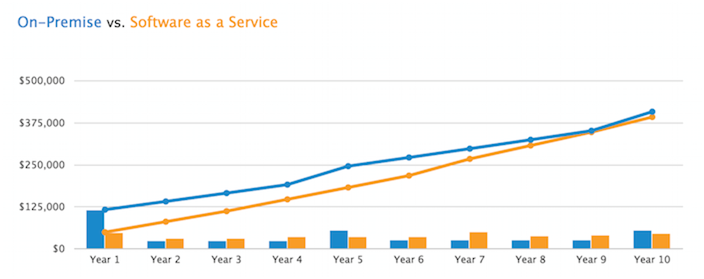
Cloud Subscription Based ERP Software vs On-Premise Server Based ERP Cost, Control and Customization Drive the Debate
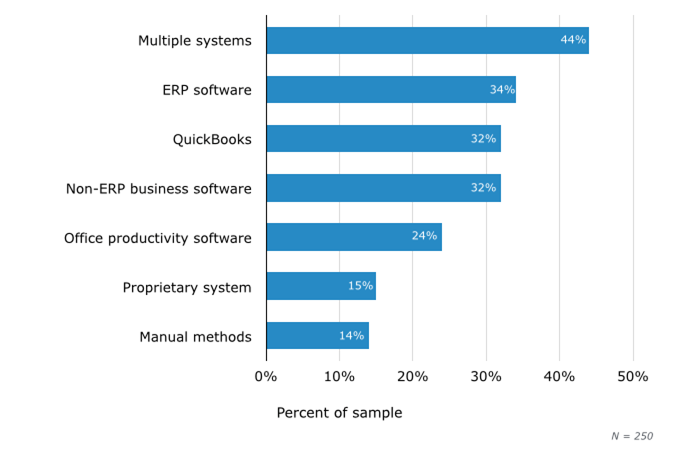
1 min read
Please visit Software Advice for the original version of this article. ERP VAR connects companies who have ERP Software needs with business partners...
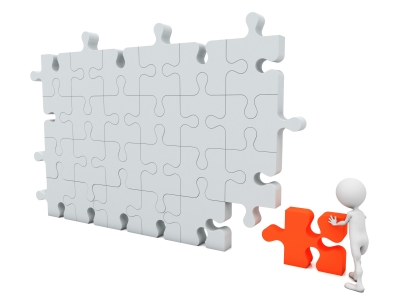
Successful companies are always on the lookout for ways to boost productivity, reduce costs, make smarter decisions, manage growth, and gain a...